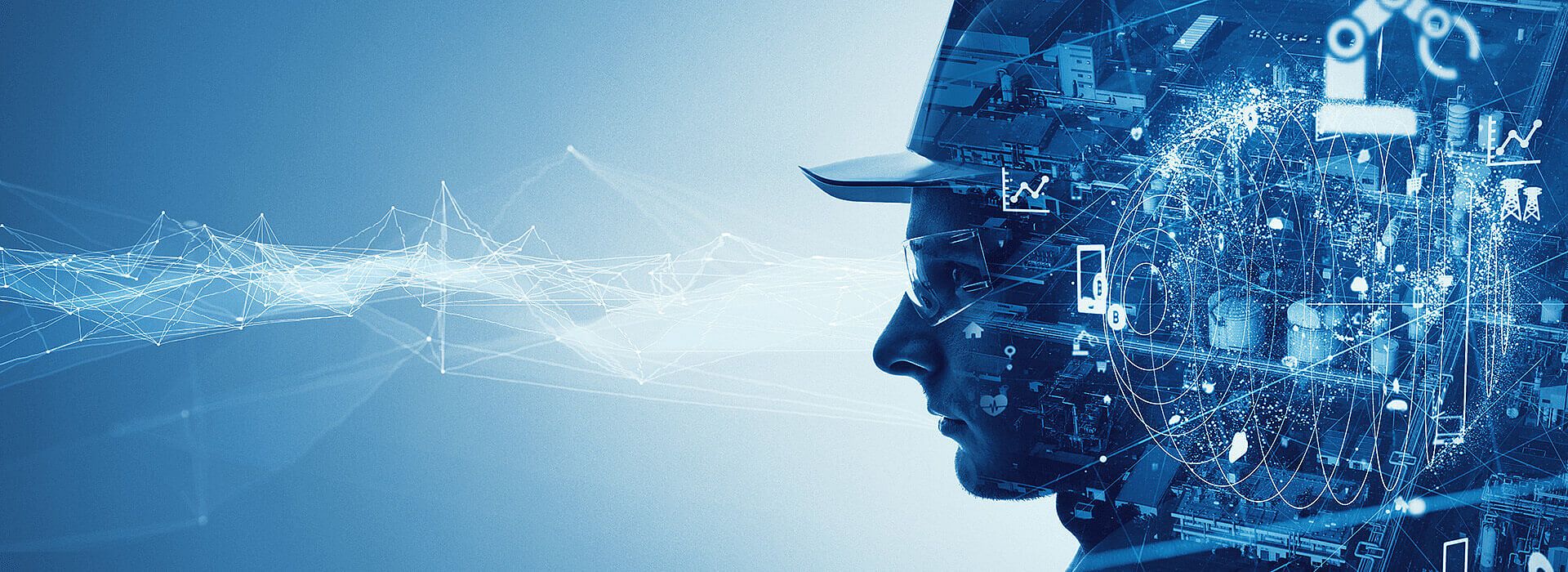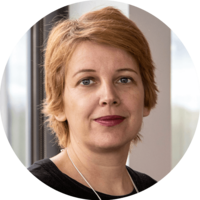
Growing a Sustainable and Comprehensive Ecosystem for Next Generation of IoT
The main ambition of EU-IoT is to transform the current IoT community of researchers and innovators in Europe into an increasingly cohesive, dynamic, participatory and sustainable ecosystem, as an essential part of a Next Generation Internet.
This will be done by:
EU-IoT will provide a collaborative framework, including content, tools and processes, to engage all EU researchers, developers, integrators and users. Such collaborative framework will overcome fragmentation and ground a strong European IoT-empowered economy as core building block of the EU Digital Single Market.
EU-IoT will operate as a “living hub '' to assist expanding and empowering IoT research and innovation capacity in Europe, by offering a rich set of tools and services to connect and collaborate in an open, inclusive and dynamic environment. EU-IoT leverages synergies by connecting all relevant stakeholders and relying on previous and ongoing EC funded projects, in coordination with efforts from highly relevant R&I, standardization, and business initiatives.
EU-IoT will act as an accelerator for the whole European IoT ecosystem, intervening and assisting stakeholders to engage and create value, as well as setting up a self-sustaining community, by:
EU-IoT builds on a comprehensive, thoroughly structured and well-articulated approach, which is grounded on in-depth comprehension of the technological, research, socio-economic, ethical and policy-related factors relevant for IoT, combined with a set of tools, actions and competencies brought in by the consortium.
The solid know-how and positioning of the consortium is further strengthened via the regular exchange of information with its well-assorted Advisory Board (AB) as well as with its Expert Group. EU-IoT will provide the European IoT ecosystem with awareness and understanding of the opportunities of human-centric IoT, major scientific and industrial push and pull factors, market and users trends, as well as policy/regulatory aspects.
Main research contributions are:
H2020 ICT 56, grant nr. 956671
01.10.2020 - 31.03.2023
